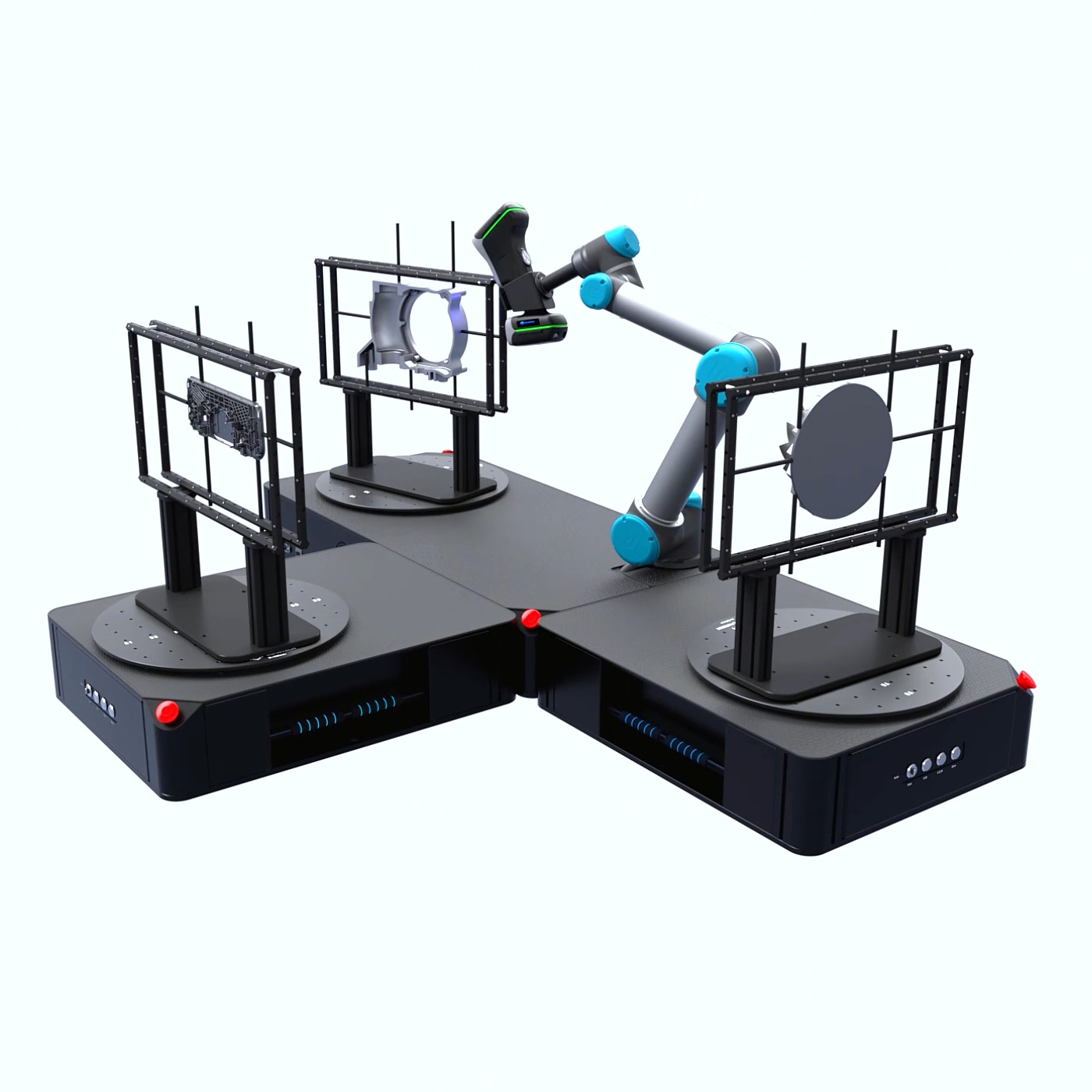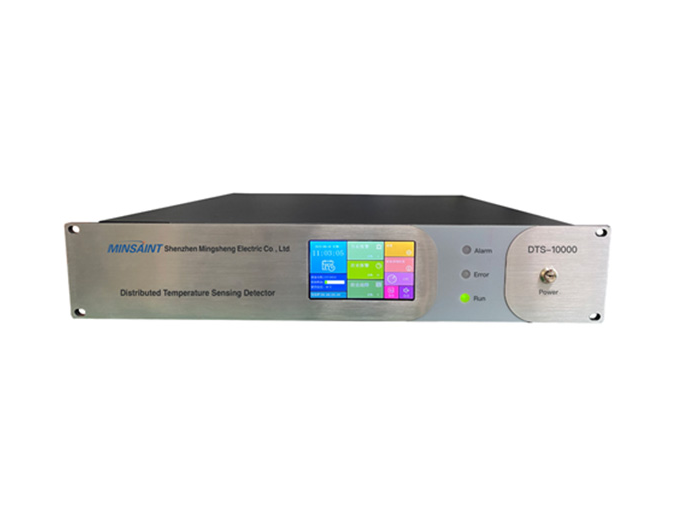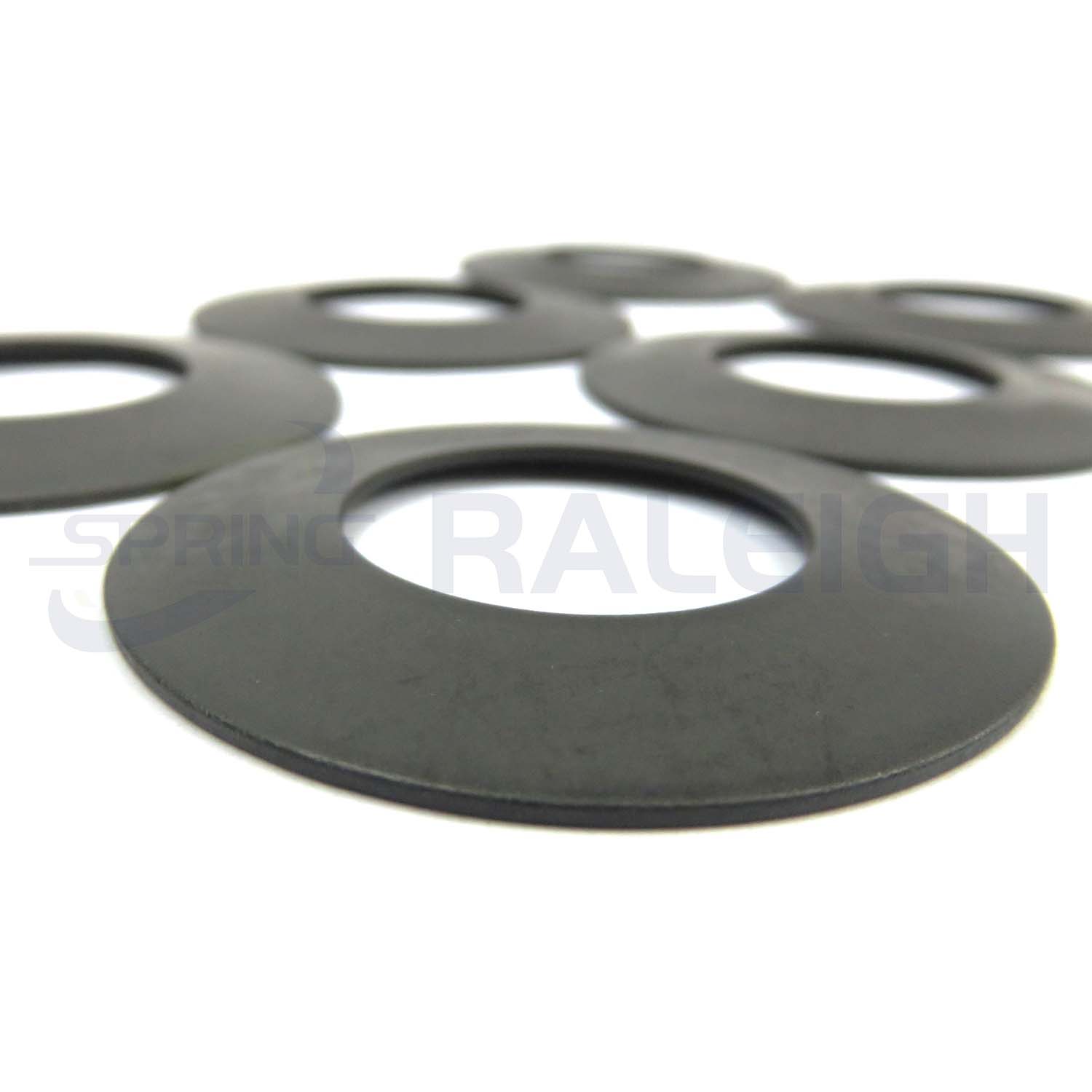Fuel injection systems have revolutionized the automotive industry, offering enhanced performance, improved fuel efficiency, and reduced emissions compared to traditional carbureted engines. However, like any technology, fuel injection systems come with their own set of disadvantages. In this article, we will delve into the intricacies of fuel injection systems, examining their drawbacks in detail to provide a well-rounded perspective for automotive enthusiasts, engineers, and consumers alike.
- Complexity and Cost of Repair
One of the most significant disadvantages of fuel injection systems is their complexity. Unlike carburetors, which are relatively straightforward in design, fuel injection systems consist of numerous components, including fuel pumps, injectors, sensors, and electronic control units (ECUs). This complexity can lead to higher repair costs. When a fuel injection system malfunctions, diagnosing the issue often requires specialized equipment and expertise, which can be expensive. Additionally, the cost of replacement parts for fuel injection systems tends to be higher than that of traditional carburetors, further increasing the overall maintenance expenses.
- Sensitivity to Fuel Quality
Fuel injection systems are highly sensitive to the quality of fuel used. Impurities and contaminants in low-quality fuel can lead to clogged injectors, reduced performance, and increased emissions. Unlike carbureted systems, which can tolerate a wider range of fuel quality, fuel injection systems require cleaner fuel to operate efficiently. This sensitivity necessitates the use of higher-grade fuels, which can be more expensive and less accessible in certain regions. Consequently, consumers may find themselves facing higher fuel costs and potential performance issues if they do not adhere to fuel quality standards.
- Potential for Injector Failure
Fuel injectors are critical components of a fuel injection system, responsible for delivering the precise amount of fuel to the engine. However, they are also prone to failure due to factors such as wear and tear, contamination, and improper maintenance. A malfunctioning injector can lead to a variety of issues, including poor engine performance, increased fuel consumption, and even engine damage in severe cases. Replacing faulty injectors can be costly, and if not addressed promptly, injector failure can lead to more extensive engine repairs.
- Dependence on Electronic Systems
Modern fuel injection systems rely heavily on electronic components and sensors to function correctly. While this reliance allows for precise fuel delivery and improved performance, it also introduces potential points of failure. Electrical issues, such as faulty sensors or wiring problems, can disrupt the operation of the fuel injection system, leading to poor engine performance or even complete failure to start. Additionally, the need for specialized diagnostic tools to troubleshoot electronic issues can further complicate repairs and increase costs.
- Environmental Concerns with Fuel Injection Systems
While fuel injection systems are generally more efficient than carburetors, they are not without their environmental drawbacks. The precision of fuel delivery can lead to incomplete combustion if the system is not calibrated correctly, resulting in increased emissions of harmful pollutants. Furthermore, the production and disposal of electronic components used in fuel injection systems can contribute to environmental degradation. As the automotive industry moves towards more sustainable practices, the environmental impact of fuel injection systems remains a topic of concern.
- Limited DIY Repair Options
For automotive enthusiasts who enjoy working on their vehicles, fuel injection systems can be daunting. The complexity of these systems often limits the ability of DIY mechanics to perform repairs and maintenance. Unlike carbureted systems, which can be adjusted and repaired with relative ease, fuel injection systems require specialized knowledge and tools. This limitation can lead to increased reliance on professional mechanics, resulting in higher labor costs and less hands-on engagement for car owners.
Conclusion
While fuel injection systems offer numerous advantages, including improved performance and fuel efficiency, it is essential to recognize their disadvantages. The complexity, sensitivity to fuel quality, potential for injector failure, dependence on electronic systems, environmental concerns, and limited DIY repair options all contribute to the challenges associated with fuel injection technology. Understanding these drawbacks can help consumers make informed decisions when purchasing vehicles and maintaining their engines. As the automotive landscape continues to evolve, it is crucial to weigh the benefits against the disadvantages to ensure optimal performance and longevity of fuel injection systems.






